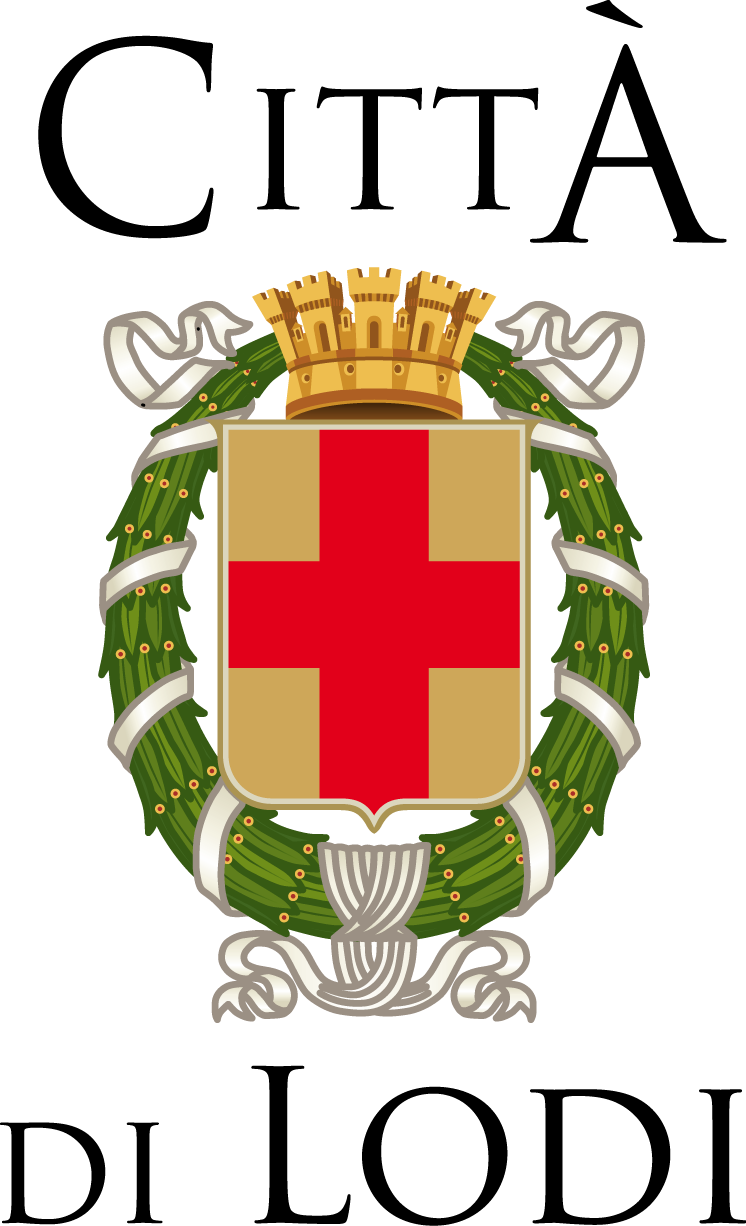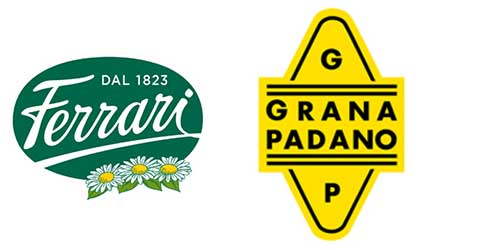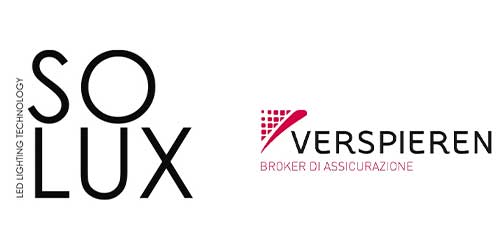Platea Palazzo Galeano presents "TECLA," a solo exhibition by artist Giulio Locatelli and the second episode of the exhibition program dedicated to young artists started in June with "Trionfo dell'Aurora" by Marcello Maloberti, an intervention realized in collaboration with Galleria Raffaella Cortese. "TECLA" is a site-specific installation that transforms the Platea showcase into a space under construction—something is taking shape but is still in the process of definition: a sort of perpetual construction site, whose foundations rest on piles of paper. Accumulation, deposit, and sediment significantly characterize Giulio Locatelli's artistic research, visually conveying the idea through the use of paper and thread. This investigation stems from reflection on the Japanese concept of "tsundoku," indicating the common habit of acquiring books and then leaving them on the shelf without ever reading them. The result is a collection of pages containing intertwined and cultivated stories, episodes, experiences, and relationships. Culture. An accumulation of sheets loaded with signs, scratches, ideas, conceptually linked and physically bound together. The constituents of the work are notes, anthologies of stories and visions, fables and fairy tales, thousands of accumulated adventures that lead along a dreamed journey. "TECLA" seeks to restore the charm and vitality of a construction site that is nothing more than the embryonic phase of a future city, whose foundations rest on paper in a play of reflections that faces the Biblioteca Laudense, ideally the structural basis of the knowledge of a community, the Lodi one.
Francesca Grossi: What gives rise to your obsession with thread, and what does this material represent for you?
Giulio Locatelli: My obsession started some time ago when I was working extensively with handmade paper. One day, returning from the Academy, I saw my aunt sewing, and that's where it all began. I was interested in understanding how thread and the act of sewing could relate to my paper, which was the main focus of my research. As I explored these two materials, I noticed that the thread transformed into gesture, sign, and then trace. I like the term "obsession"; in my opinion, it's the desire to continue researching a specific element with ever-new eyes—in my case, the thread.
FG: What were your thoughts when you were proposed to exhibit your work in the Platea display window?
GL: The idea immediately intrigued me and piqued my curiosity. I believe it's important to be able to place one's work in different spaces. The work is strongly influenced by the contamination of the place that hosts it, and the space, when it receives someone's work, becomes part of the artwork. It's as if Platea, during the exhibition period, becomes a bit mine.
FG: How was it to interact with the other components of the Platea project?
GL: Confronting oneself with a group of people who will then exhibit individually within the same space is fundamental. I like this condition; I consider it an important opportunity to acquire information, insights, and to grow through dialogue. On an artistic level, it's essential to know the work of others and the reasoning behind their research. The comparison also allows you to notice aspects of your own work that an accustomed eye may struggle to see.
FG: The investigation into accumulation forms the basis of the work "TECLA." What prompted your exploration into this research?
GL: This study originated from the Japanese term "Tsundoku," which means the act of acquiring reading material and letting it accumulate at home—a situation we often find ourselves in. I like to think that somewhere, deposits of stories, events, narratives, and relationships are being created. "TECLA" seeks to make these sediments visible through thread and paper. The installation takes shape in front of the Biblioteca Laudense, a place and safe haven for written thought. The work aims to show paper as a structural element, a material necessary for the realization of ideas from the mind, which would otherwise grow cold. Platea becomes a construction site, an "upside down" whose foundations rest on piles of paper.
BIO
Giulio Locatelli was born in 1993 in Bergamo, where he currently lives and works. In 2015, he obtained a first-level degree in Painting from the Academy of Fine Arts of Brera, and in 2017, he earned a second-level degree in Painting from the same Academy. In 2018, Giulio Locatelli held his first solo exhibition at Galleria Ghiggini Arte. Locatelli's research is oriented towards the world of textiles, with a particular focus on thread, understood as both an analytical tool and a means of realization. Initially manipulated through the ritual of sewing, the thread finds space in a new sculptural dimension, evoking limestone forms through the overlap of warp registers.




| Cookie | Duration | Description |
|---|---|---|
| cookielawinfo-checkbox-analytics | 11 months | This cookie is set by GDPR Cookie Consent plugin. The cookie is used to store the user consent for the cookies in the category "Analytics". |
| cookielawinfo-checkbox-functional | 11 months | The cookie is set by GDPR cookie consent to record the user consent for the cookies in the category "Functional". |
| cookielawinfo-checkbox-necessary | 11 months | This cookie is set by GDPR Cookie Consent plugin. The cookies is used to store the user consent for the cookies in the category "Necessary". |
| cookielawinfo-checkbox-others | 11 months | This cookie is set by GDPR Cookie Consent plugin. The cookie is used to store the user consent for the cookies in the category "Other. |
| cookielawinfo-checkbox-performance | 11 months | This cookie is set by GDPR Cookie Consent plugin. The cookie is used to store the user consent for the cookies in the category "Performance". |
| viewed_cookie_policy | 11 months | The cookie is set by the GDPR Cookie Consent plugin and is used to store whether or not user has consented to the use of cookies. It does not store any personal data. |
Platea Palazzo Galeano:
Corso Umberto 46, Lodi, 26900
email: info@platea.gallery
whatsapp: +39 351 149 8258